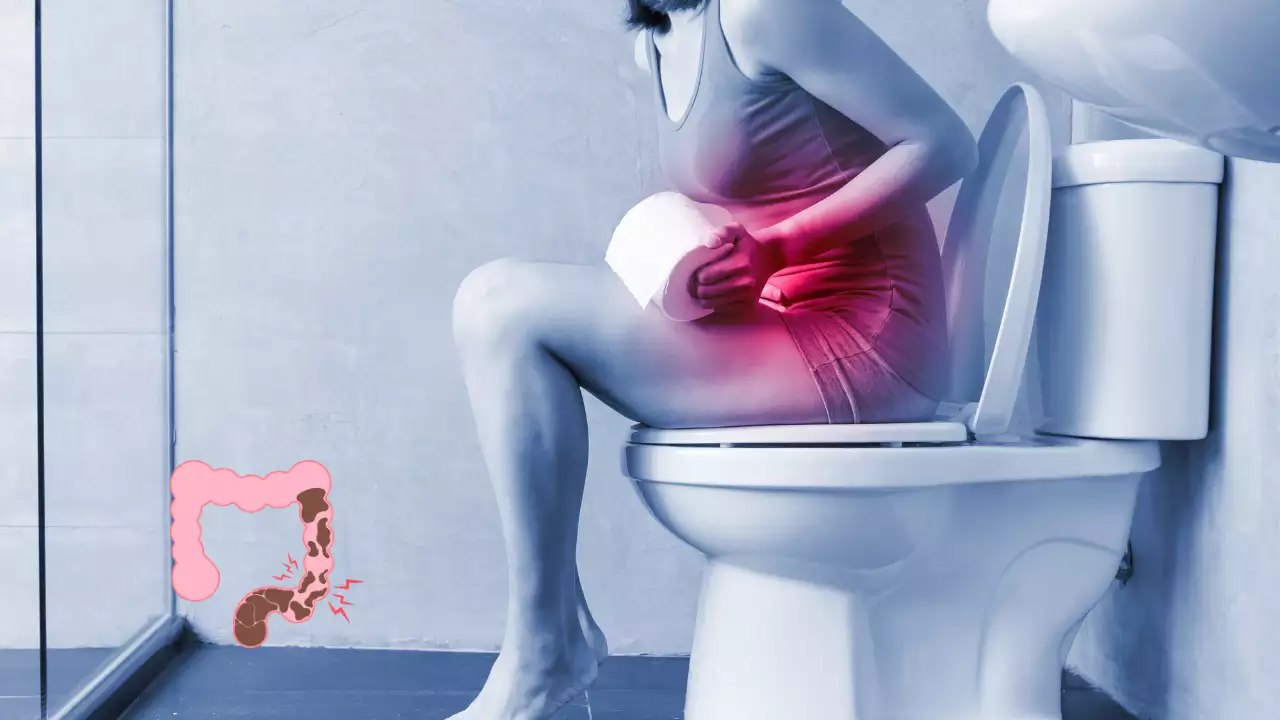Constipation has become a common problem today. Almost everyone suffers from constipation at some point in their lives. Constipation is characterised by infrequent bowel movements, difficulty in passing stool, hard and dry bowel movements, and the inability to evacuate regularly on a daily basis. While you might be aware of some of its causes, to know what exactly leads to constipation and how one can find relief, we speak with Dr. Bir Singh Sehrawat, Director and HOD, Gastroenterology, Marengo Asia Hospitals Faridabad.
According to Dr Sehrawat, the causes of constipation are generally poor dietary habits such as consuming a lot of protein and fat in a food, low fibre or fibrous food in diet. “Along with it, not drinking enough water or being dehydrated, lack of exercise are some causes of constipation,” he says, ading that there are certain gastrointestinal (GI) disorders that can also lead to constipation along with certain medications.
Other causes of constipation, Dr. Sehrawat says, are anal fissure (a tear or crack in the lining of the anus), chronic kidney failure, colon or rectal cancer, diabetes, depression, hypercalcemia (abnormally high levels of calcium in the blood), hypothyroidism (underactive thyroid gland), irritable bowel syndrome and stress. "In some cases, lack of good nerve and muscle function in the bowel may also be a cause of constipation. After a person undergoes a surgery such as a gastric bypass surgery, that is a surgery of the stomach, the person is likely to suffer from constipation," he tells us.
Person with constipation may show symptoms such as increased difficulty and straining when passing stools, or passing fewer stools. "Other symptoms include stomach ache, stomach cramps, feeling bloated and nauseous and losing appetite. This condition is most commonly reported in elderly population. However, today it is affecting all age groups of people due to bad dietary habits and unhealthy lifestyle," Dr. Sehrwat says, advsiing that one should consult a doctor when they experience unexplained and persistent changes in your bowel habits.
To identify the type of constipation, the patient is advised to undergo physical examination. "The information about patient’s medical history is also collected. Blood test is done for thyroid hormone to detect hypothyroidism and for calcium to uncover excess parathyroid hormone. Abdominal X-ray is also recommended to visualise large amounts of material in the colon. The patient is advised to undergo tests like barium enema, colonic transit (marker) studies, defecography, ano-rectal motility studies, magnetic resonance imaging defecography and colonic motility studies too," Dr. Sehrawat says.
Here is how to minimise the risk of constipation, accoridng to Dr. Sehrawat:
- Eat a fibre-rich diet (like beans, bran cereals, fresh fruits, raw vegetables, rice and whole-grain breads) as it increases the weight of your stool and speeds its passage through your intestines.
- Avoid alcohol or smoking.
- Do moderate exercise as physical activity helps increase muscle activity in your intestines.
- Don’t overlook the urge to have a bowel movement.
- As per doctor advice, you can also take fiber supplements to add bulk to your stool.
- If you suffer from constipation, bloody diarrhea, weight loss, or have a family history of colon cancer, then it is advisable to get a screening for colonoscopy done after 40-45 years of age.
"If diet and lifestyle modifications do not respond well, the patient is recommended medications or surgery. Surgery may be an option if you have tried other treatments and your chronic constipation is caused by a blockage, rectocele, anal fissure or stricture," Dr. Sehrawat concludes.
Get Latest News Live on Times Now along with Breaking News and Top Headlines from Health and around the world.
